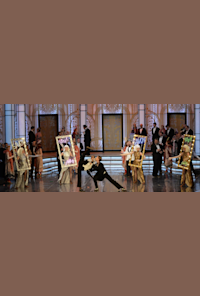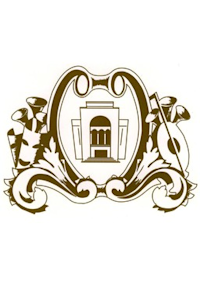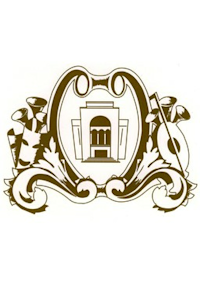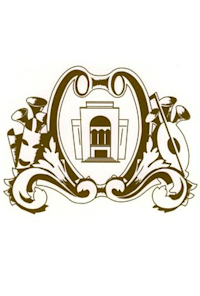

Ball im Savoy by Abraham, Från (2022/2023), Regisserad av Răzvan Mazilu,, Dirigent Mihnea Ignat, Opera Nationala Romana Timisoara, Timişoara, Rumänien
Producent
Dirigent
Regissör
Medverkande
Madeleine de Faublas
MM(2022 okt 30; 2023 mar 12, 13; maj 17; jun 20)
CV(2022 okt 30)
Marquis Arisitide de Faublas
Daisy Darlington
Mustapha Bey
OV(2022 okt 30; 2023 mar 12, 13; maj 17; jun 20)
CB(2022 okt 30; 2023 jan 22)
La Tangolita
GV(2022 okt 30; 2023 mar 12, 13; maj 17; jun 20)
GT(2022 okt 30; 2023 maj 17)
Archibald
Mizzi
LP(2022 okt 30; 2023 jan 22; mar 12, 13; maj 17)
Lucia
LB(2022 okt 30; 2023 jan 22; mar 12, 13; maj 17)
Trude
GN(2022 okt 30; 2023 jan 22; mar 12, 13; maj 17)
Ilonka
SV(2022 okt 30; 2023 jan 22; mar 12, 13; maj 17)
Célestin Formant
HW(2023 jun 20)
Pomerol
Monsieur Albert
RH(2022 okt 30; 2023 jan 22; mar 12, 13; maj 17)
DP(2023 jun 20)
Bébé
AM(2023 jun 20)
Bessie
DV(2022 okt 30; 2023 jan 22; mar 12, 13; maj 17)
Guilette
MA(2022 okt 30; 2023 jan 22; mar 12, 13; maj 17)
René
AP(2023 jun 20)
Maurice
FP(2023 jun 20)
Lilly
AM(2023 jun 20)
Paulette
Soțiile divorțate ale lui Mustafa
MA(2023 jun 20)
LB(2023 jun 20)
LP(2023 jun 20)
GN(2023 jun 20)
DV(2023 jun 20)
SV(2023 jun 20)
Hermence
MA(2023 jun 20)
Domnii de la bal
VB(2023 jun 20)
CV(2023 jun 20)
AZ(2023 jun 20)
II(2023 jun 20)
AR(2023 jun 20)
Chelnerii
CR(2023 jun 20)
IB(2023 jun 20)
CB(2023 jun 20)
AM(2023 jun 20)
Besättning
Assistant Stage Director
Scenograf
Körledare
Assisterande koreograf
Kostym designer
DB(2022 okt 30; 2023 jan 22; mar 12, 13; maj 17)
Koreograf
RM(2022 okt 30; 2023 jan 22; mar 12, 13; maj 17)
Ensemble
Balett eller dansgrupp




